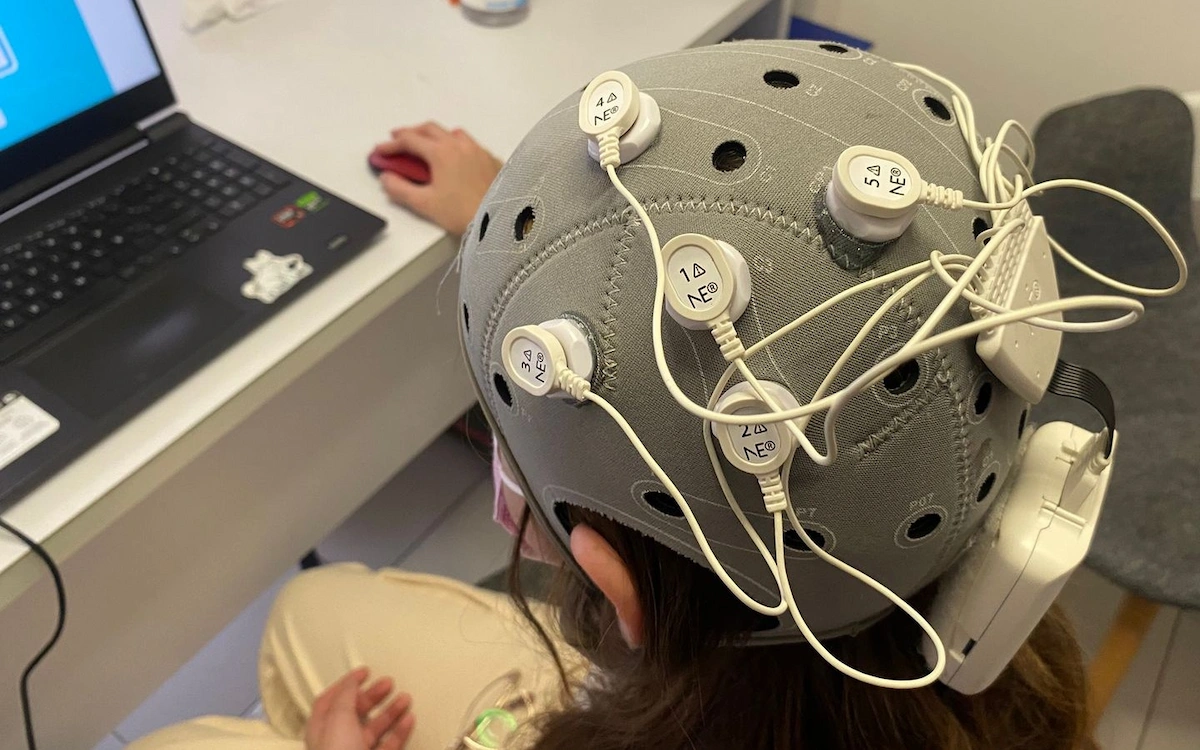Neuropsychologist Ángel Luis Martínez Nogueras explains the relationship between heart disease and cognitive and brain decline.
It is obvious that the organ that captures the attention of neuropsychologists is the brain; it cannot be otherwise. At the same time, it is also obvious that the brain is not an independent or isolated entity; it is part of a global and complex system such as the human body, whose health depends on a delicate balance among all its systems. And this is a part we neuropsychologists sometimes forget, letting ourselves be carried away by that overwhelming current that always makes us row toward the brain, that brain-centric current. But not everything is inertia and going with the flow; as good interpreters of attentional control processes, we have been able to redirect the focus of attention and broaden our concept of brain health.
For some time now we have begun to look for the connection between body, brain and cognition, discovering that treatments such as chemotherapy, risk factors like cardiovascular disease, conditions such as cancer, kidney diseases or, as in the case that concerns us today, heart diseases, have systemic repercussions and can also affect the health of the brain and its functioning, as another piece of the system.
Relationship between heart disease and cognitive and brain decline
Although it must also be said that the descriptions of the neuropsychological profile that have been published are, in general, excessively vague; there is little specificity. This may be because many of these studies use only cognitive screening tests as measures of neuropsychological performance.
Screening measures usually yield a number, a global score that is used as a cutoff between normality and cognitive impairment. Undoubtedly, this form of cognitive assessment is very poor, losing the possibility of reflecting the true cognitive status of patients, as it does not allow for an interpretation of the neuropsychological assessment from the point of view of the analysis by cognitive processes (MILBERG 3), an analysis much more interesting and richer than the general scores of screening tests.
Not to mention the other limitations that these types of tests present for the assessment of clinical populations in which subtle cognitive impairment is suspected, as is the case for patients with heart disease. In any case, the conclusions regarding cognitive impairment in this population are quite similar and describe a neuropsychological profile characterized by attentional, amnestic, executive deficits and reduced information processing speed (4).
Mood disturbances
They also often point to mood disturbances such as anxiety and depression, which is quite understandable after having suffered a heart disease. However, if we delve a little deeper into the analysis of the neuropsychological profile of these patients, the level of impairment of some executive processes stands out, along with a striking slowing in information processing speed.
From the above, and if we apply to this population Salthouse’s theory (5) about the impact of processing speed on the rest of cognition, and add the role of executive deficits in the encoding and retrieval of information stored in memory, we can begin to build a more concrete hypothesis about the cognitive impairment observed in cardiac patients.
Structural and functional integrity of the brain
But brain health is not only reduced to correct cognitive function; the structural and functional integrity of the brain also matters. On this subject, data have been published that point to a series of brain regions that could be more vulnerable to the physiological variations that occur after suffering a heart disease. Among these regions are the hippocampal formation, the anterior cingulate cortex, the prefrontal cortex, parieto-temporal areas, and white matter. In addition, although more scarce, we also have some functional brain connectivity data, which have shown connectivity alterations in medial orbitofrontal regions, typically related to executive functions (7).

Subscribe
to our
Newsletter
Interindividual variability
Once the relationship between heart disease and cognitive and brain decline has been established, we must take a further step. Neuropsychology as a science cannot remain at the mere description of a phenomenon; it must also explain and predict it. And it is at this point that much of the interest in studies with cardiac patients lies, since another of the conclusions drawn from the various works on this subject is that there is a high interindividual variability in the presence of neuropsychological deficits within this population. In other words, some patients show them and others do not.
So we must ask ourselves: What factors are mediating this variability? The main hypotheses proposed to try to explain the relationship between heart disease and cognitive impairment revolve around a series of variables such as:
- Reduced level of oxygen saturation in the brain
- Cerebral hypoperfusion (ischemic brain injury)
- Neuroinflammation
- Functional status of the myocardium
- Antithrombotic treatment
- Cardiovascular disease risk factors (smoking, hypertension, diabetes mellitus, obesity and sedentary lifestyle).
Although there are not yet conclusive data on this matter, variables related to the functional status of the myocardium seem to gain relevance, such as, for example, left ventricular ejection fraction, which represents the myocardium’s ability to eject blood with each systole and perfuse the rest of the body. Or, put simply, if the machine that supplies the body with blood, nutrients and oxygen is damaged, we can suspect that the brain, a very sensitive organ, suffers and is harmed when blood perfusion and oxygen levels fall below a critical threshold.
Activities of daily living
And the icing on the cake, the issue that closes the loop in the care of neuropsychological patients. The literature indicates, without a doubt, that the detection of cognitive impairment is key because of its significant impact on the proper performance of activities of daily living. This consideration also applies to patients with heart disease, since a presumed cognitive impairment could interfere with their ability to carry out activities related to self-care, taking medication, the implementation of health programs, adherence to cardiac rehabilitation programs, returning to work, leisure and social relationships. Ultimately, with the wellbeing, independence, and quality of life of these patients (8).
Bibliography
- Website of the Heart Foundation: https://fundaciondelcorazon.com/informacion-para-pacientes/enfermedades-cardiovasculares.html
- Eggermont LH, De Boer K, Muller M, Jaschke AC, Kamp O, et al. (2012) Cardiac disease and cognitive impairment: a systematic review. Heart 98:1334-30.
- Kaplan, E. (1988). The process approach to neuropsychological assessment. Aphasiology, 2(3-4), 309-311.
- Dardiotis, E., Giamouzis, G., Mastrogiannis, D., Vogiatzi, C., Skoularigis, J., Triposkiadis, F., &Hadjigeorgiou, G. M. (2012). Cognitive impairment in heartfailure. Cardiology Research and Practice, 1. https://doi.org/10.1155/2012/595821.
- Salthouse, T. A. (1996). Theprocessing-speed theory of adult age diffe-rences in cognition. Psychologicalreview, 103(3), 403.
- Almeida OP, Garrido GJ, Beer C, Lautenschlager NT, et al. (2012). Cognitive and brain changes associated with ischaemic heart disease and heart failure. Europeanheartjournal 2012; 34: 1769-1776. 7.
- Bernard C, Catheline G, Dilharreguy B, Couffinhal T, et al. Cerebral changes and cognitive impairment after an ischemic heart disease: a multimodal MRI study. Brainimaging and behavior 2015
- Zuccala, G., Onder, G., Pedone, C., Cocchi, A., Carosella, L., Cattel, C., … & Bernabei, R. (2001). Cognitivedysfunction as a major determinant of disability in patients with heart failure: resultsfrom a multicentresurvey. Journal of Neurology, Neurosurgery & Psychiatry, 70(1), 109-112.
If you liked this post on brain-cardiovascular health, you might be interested in these NeuronUP articles.
“This article has been translated. Link to the original article in Spanish:”
Salud cerebro-cardiovascular: Relación entre cardiopatía con deterioro cognitivo y cerebral







 Attributional style in schizophrenia
Attributional style in schizophrenia
Leave a Reply